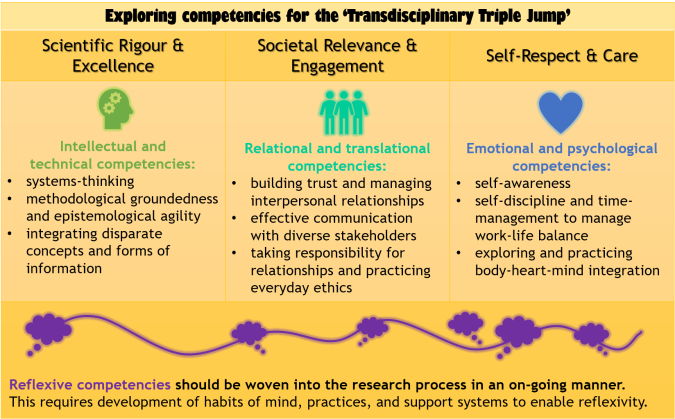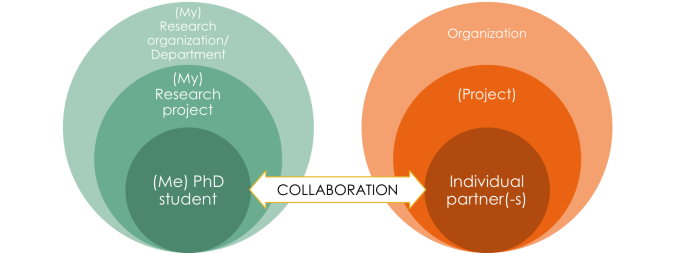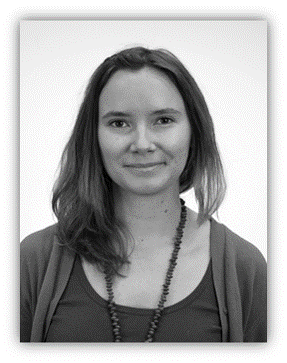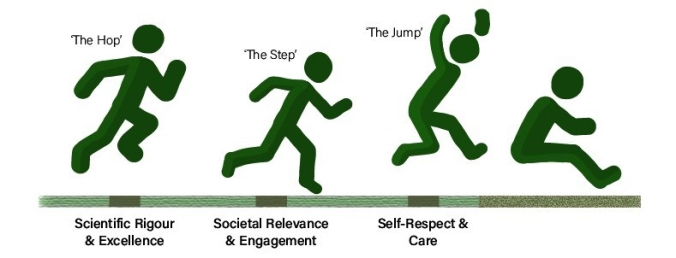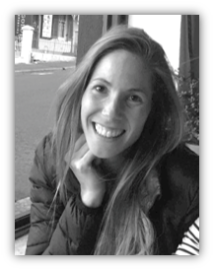This is the fifth post in the series on ‘Transdisciplinary PhD Journeys’.
My name is David Lam. I am a PhD student at Leuphana University Lüneburg Germany in the research project ‘Leverage Points for Sustainability Transformations’ and currently a guest PhD researcher at the Stockholm Resilience Centre, Sweden.
I am doing research in a transdisciplinary case study in Southern Transylvania, Romania. I aim to make my research in Transylvania useful in two ways: First, to better understand a sustainability problem in a specific context. Second, to contribute to possible solutions. We are working with a network of approximately 30 non-governmental organizations (NGOs) which try to foster sustainable development in the region by, for instance, supporting small-scale farmers, conserving the cultural heritage, or protecting the unique landscape with its high biodiversity value. With my PhD research, I want to understand how these inspiring NGOs increase their impact in order to accelerate the sustainability transformation in the region.
A question that always comes into my mind is: How transformative can transdisciplinary sustainability research actually be? Additionally, can my PhD research support transformative change? Scholars have advanced our understanding of sustainability transformations of social-ecological (Olsson et al. 2014) or social-technical systems (Grin et al. 2010) as well as of transdisciplinary sustainability research methods a lot (Lang et al. 2012; Wiek et al. 2012; Wiek and Lang 2016). For PhDs, this literature is strongly motivating and inspiring because it shows that fundamental systems change is possible, and that research can play an essential role to foster such change. I think this is one of the main reasons why many PhDs decide to do transdisciplinary research.
In Southern Transylvania, we seek to answer: How can we reach the sustainability vision, named Balance Brings Beauty? (Hanspach et al. 2014). We developed this question by talking to the people and based on our experience from former research projects in the region. I really like this question. When I started my PhD, I believed that if my research can contribute to answering this question, I will contribute to positive changes in the region.
Today, my thoughts are still the same, but much more nuanced. After two years of being a PhD in a transdisciplinary case study, I realized that my research can contribute to change in so many different ways, such as providing scientific results and evidence, using scientific methods to understand complex system dynamics, or even by simply building up relations with stakeholders and being present in the case study area. In my opinion, the latter are the most relevant ones for transformative transdisciplinary research. However, it is difficult to fulfil them because they need more time and as PhDs we are under pressure to collect and analyse data as well as write and publish papers. This takes a lot of time and happens not in the field, but at our desks in our offices. Being in the field to really connect with stakeholders on the one hand, and writing scientifically rigorous papers on the other hand is a tough challenge. Especially, when you have the ambition that your PhD research should be meaningful and contribute to something better.
So, is it too much to expect transformative impact from your own PhD research? How could we organize a PhD programme for transformative transdisciplinary research (including funding, time, supervision, and evaluation)? I think a lot of PhDs working on sustainability transformations or using transdisciplinary research methods have thought about this. I would love to hear your opinions about this, here, as a comment. Alternatively, I invite you to join our early-career researcher pre-conference event at the Leverage Points Conference 2019 at Leuphana University Lüneburg, Germany on 5thFebruary 2019.
Grin J, Rotmans J, Schot J (2010) Transitions to Sustainable Development: New Directions in the Study of Long Term Transformative Change. Taylor & Francis Ltd.
Hanspach J, Hartel T, Milcu AI, et al (2014) A holistic approach to studying social-ecological systems and its application to Southern Transylvania. Ecol Soc. doi: 10.5751/ES-06915-190432
Lang DJ, Wiek A, Bergmann M, et al (2012) Transdisciplinary research in sustainability science: Practice, principles, and challenges. Sustain Sci 7:25–43. doi: 10.1007/s11625-011-0149-x
Olsson P, Galaz V, Boonstra WJ (2014) Sustainability transformations: a resilience perspective. Ecol Soc 19:. doi: 10.5751/ES-06799-190401
Wiek A, Lang DJ (2016) Transformational Sustainability Research Methodology. In: Sustainability Science. Springer Netherlands, Dordrecht, pp 31–41
Wiek A, Ness B, Schweizer-Ries P, et al (2012) From complex systems analysis to transformational change: A comparative appraisal of sustainability science projects. Sustain Sci. doi: 10.1007/s11625-011-0148-y

